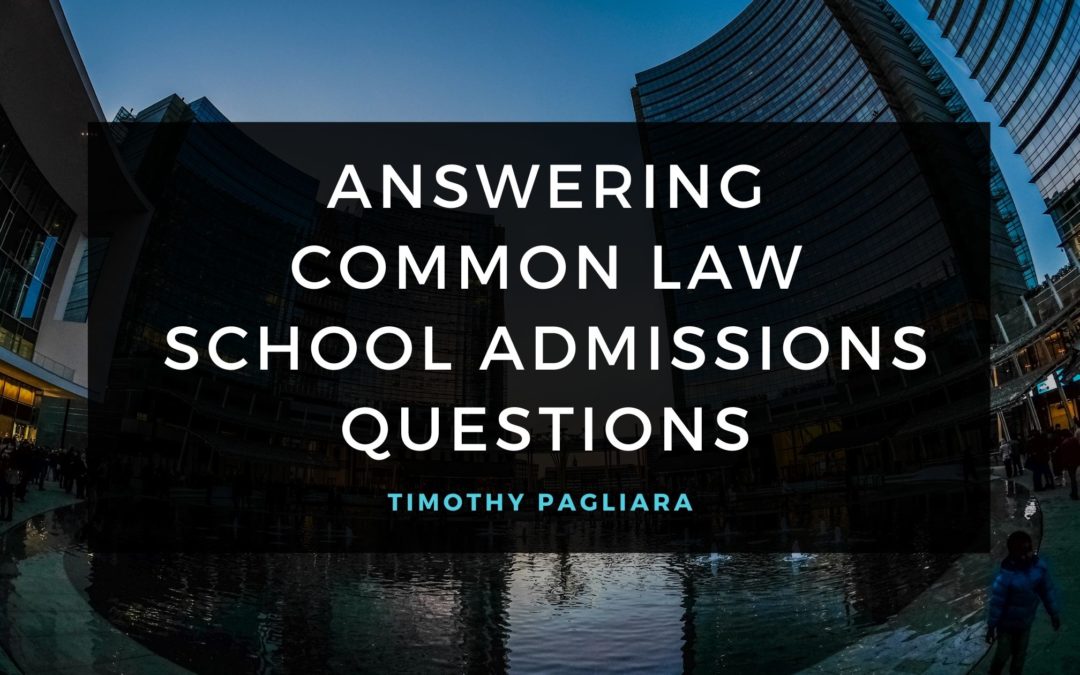Applying to law school can sometimes feel like an isolating experience. Often, law school applications pose a veritable flurry of confusing questions to applicants; for would-be law students, the process can seem overwhelming. Here are just a few common law school application questions that many applicants struggle with.
- Should I List My Parents’ Jobs on My Application?
This question on law school applications can seem to some people like a double-edged sword. On the one hand, people with parents that did not go to college tend to worry that they will not seem “good enough” to pursue a prestigious career within the legal industry. On the other hand, individuals with successful and highly educated parents tend to worry that law school admissions committees will view their applications with disdain.
At the end of the day, law schools try to look at all aspects of a potential student’s application. Questions about a person’s family background can provide important context about other components of an application such as an applicant’s undergraduate GPA and extracurricular activities. Don’t skip this question simply because you’re worried about how admissions committees might respond to your background.
- Should I Explain a Poor GPA?
Lower-than-average grades aren’t necessarily a dealbreaker when applying to law schools. But explaining to admissions committees why your grades were low can help them to understand why you’ll do better once you’re pursuing legal studies. Perhaps you were a late bloomer who didn’t realize the importance of hard work until your junior year of college. Perhaps the completion of a master’s degree helped you realize that you wanted to work harder and to achieve bigger things.
Whatever your reasons for underperforming in college classes, take responsibility for your GPA but put a positive spin on what you’ve learned since.
- What if I’ve Made Mistakes in Life?
This is a more common issue on law school applications than you might expect. Many applicants to law school have gotten in some sort of trouble at some point and worry that such trouble will prohibit them from practicing law. For example, a person with a DUI might be concerned that law school admissions committees will reject their application outright.
To a large extent, law schools are far more concerned about how you present your mistakes than whether you’ve made mistakes. Admissions committees expect you to be forthright about misconduct and to own up to your behavior. But if you can be honest about your shortcomings, law schools will tend to understand that everyone makes mistakes from time to time.
This is the time to be honest with admissions committees. Everyone can make mistakes; however, not everyone can take personal responsibility for their actions and embrace change. Be the latter type of person as you complete your applications.
